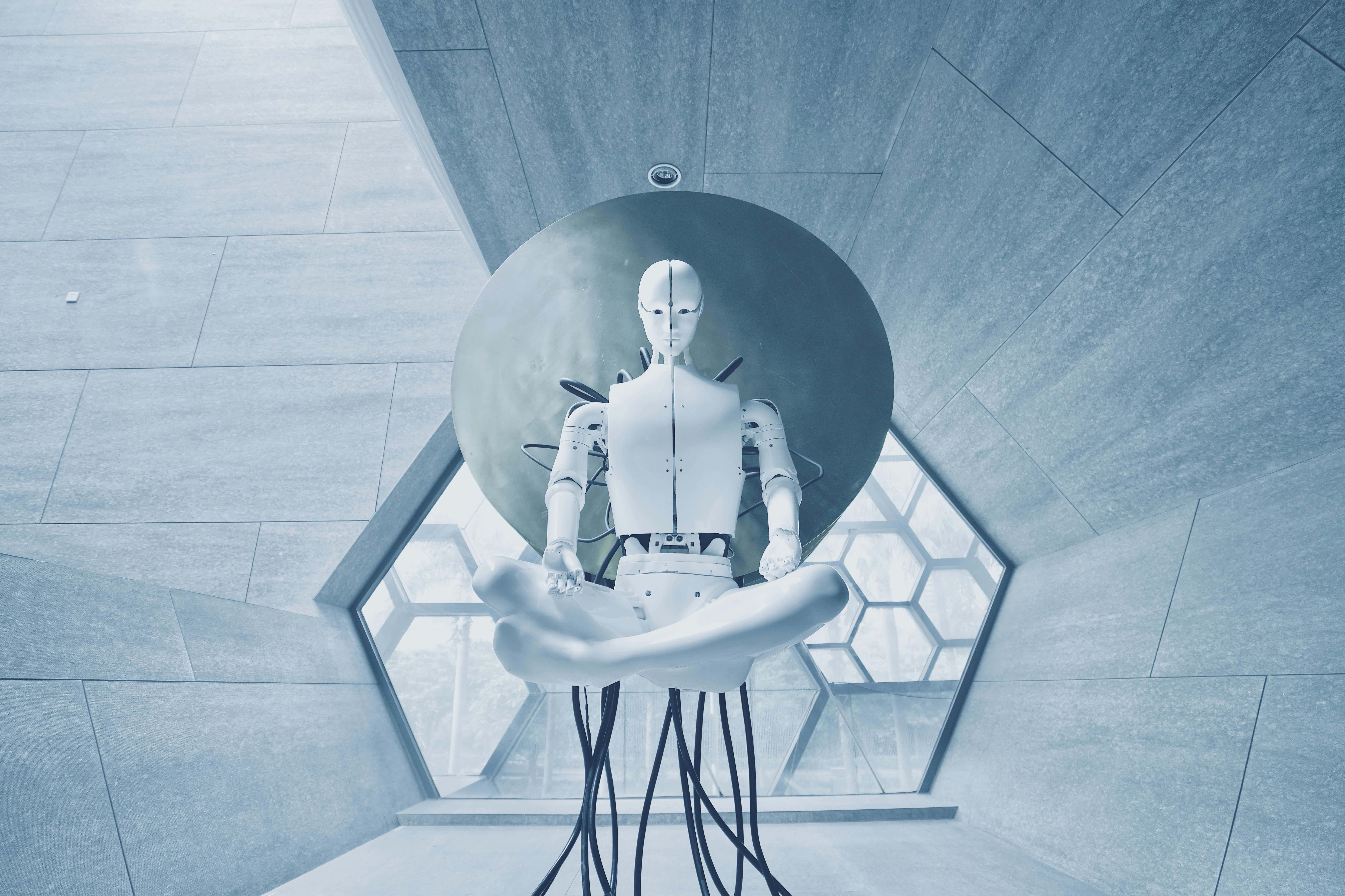The Risks of AI Voice Cloning:
Recent advancements in artificial intelligence have enabled numerous useful applications such as providing instant email suggestions, meal planning assistance, and more. However, one emerging capability, voice cloning, poses significant risks for industries that rely on voice authentication, especially financial institutions. Fraudsters have already attempted to leverage voice cloning to defraud victims, and this type of fraud is likely to grow. Financial institutions should evaluate their existing voice authentication systems, and consider augmenting them with multi-factor authentication methods, to mitigate risks associated with evolving voice cloning techniques.

Voice AI Cloning
Voice Authentication is Vulnerable:
Voice authentication is widely used as a security measure by financial institutions, government agencies, and other businesses. Nevertheless, advances in AI voice cloning technology mean that fraudsters can now create highly realistic voice clones that can fool voice authentication systems. Without an additional authentication factor, voice cloning could enable fraud and theft.

Hacker AI Voice Cloning
Scammers are Already Capitalizing:
Unfortunately Scammers have already used voice cloning to defraud victims. For instance, In one case, a scammer cloned a daughter’s voice and tried to extort money from her mother. There are also instances that provided proof that deceiving voice verification was possible, an article by Cox(2023) also highlighted how Lloyds was able to bypass voice verification and access his bank account. These instances provide proof that deceiving voice verification and humans are possible.
How Scammers Can Get Your Voice?
Voice cloning technology is based on machine learning algorithms that analyze thousands of hours of audio recordings to create a voice model. These models can then be used to generate new audio that sounds like the person being cloned. Consequently, scammers obtain victims’ voice samples from a variety of sources, including videos, conference speeches, voicemails, and calls with telemarketers or previous scammers. Once a voice sample is public, it’s nearly impossible to remove from the internet. In fact, there are now online platforms like Play ht that provide cloned voices of famous personalities like Elon Musk, Tom Hanks, The Rock, and even Kevin Hart!
The Solution: Multi-Factor Authentication
While individuals cannot fully protect their voiceprints, businesses can mitigate risks by implementing multi-factor authentication for voice-verified actions. Multi-factor authentication requires users to provide two or more forms of identification, such as a password and a fingerprint or a password and a facial scan. This makes it much more difficult for fraudsters to impersonate someone else and gain access to sensitive information.
Taking Action to Protect Customers:
Given the growing threat of AI voice cloning, financial institutions should take immediate steps to strengthen voice authentication given the growing threat of AI voice cloning. Multi-factor authentication should be implemented as a matter of urgency to protect customers. Other businesses that rely on voice authentication should also consider implementing multi-factor authentication to protect their customers and their reputation.

Multi-Factor Authentication
Conclusion:
In conclusion, businesses must act now to secure their voice authentication systems and protect customers from fraud and theft. The threat of AI voice cloning is real and imminent, and all industries need to be proactive in mitigating the risks posed by this technology. By implementing multi-factor authentication, businesses can stay ahead of fraudsters and ensure that their customers’ sensitive information remains secure. In summary, the risks of AI voice cloning are significant, but with the right measures in place, businesses can protect themselves and their customers from harm.

Very interesting article !